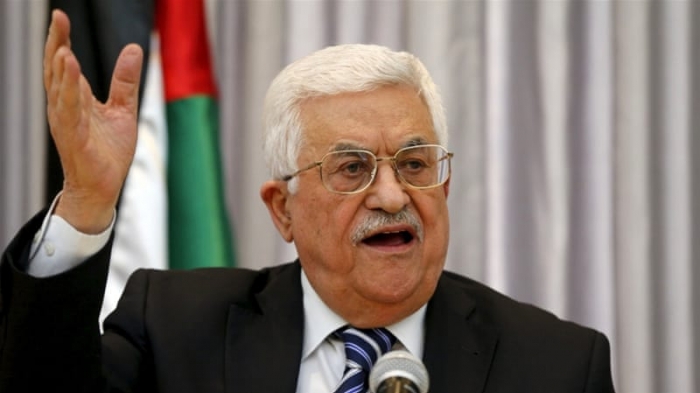The international community has nearly unanimously opposed Trump's decision, Mr Abbas continued, calling it a "provocation" to Muslim and Christian sentiments.
He added that new measures are needed to protect the identity of the divided city, which is claimed by both the Israelis and the Palestinians.
Mr Abbas spoke at an Organisation of Islamic Cooperation (OIC) summit in Istanbul, a 57-member strong conference expected to be the strongest unified response from the Muslim world yet to the US' unprecedented move.
Israel annexed east Jerusalem in the 1967 Six Day war, a move that was never internationally recognised. Control of it remains one of the core stumbling blocks to an Israeli-Palestinian peace deal.
Like many presidential hopefuls before him, on the campaign trail Mr Trump promised to recognised Jerusalem as Israel's capital and to relocate the US embassy there from Tel Aviv.
Over the last year, the new administration has delayed a decision on the issue.
Mr Trump's announcement last week, however, upends decades of US policy: the current US position is to recognise the status of Jerusalem in a final peace agreement.
The move was met with outrage in the wider Muslim world: in the West Bank and Gaza four Palestinians were killed in the ensuing clashes and protests have smouldered worldwide for days.
The president, who has proved unpredictable on foreign policy matters, has repeatedly conveyed a desire to broker peace in the intractable Arab-Israeli conflict, a goal he has described as "the ultimate deal".
The US has been seeking to resurrect talks between Israel and the Palestinians since Mr Trump took office, with the help of ally Saudi Arabia.
More about: #Jerusalem
















































